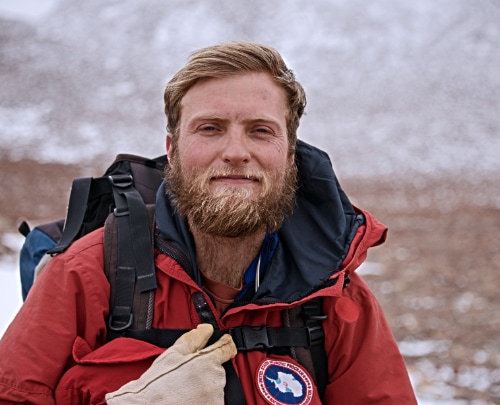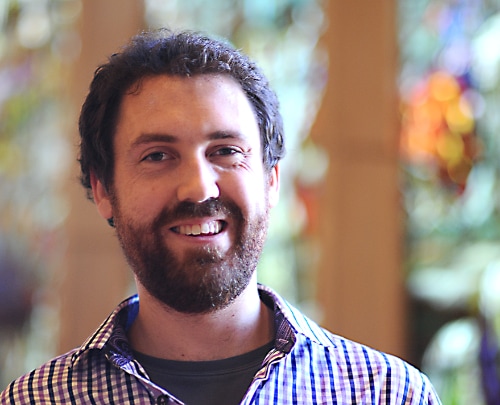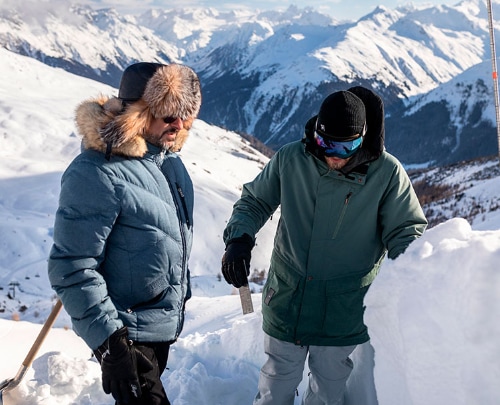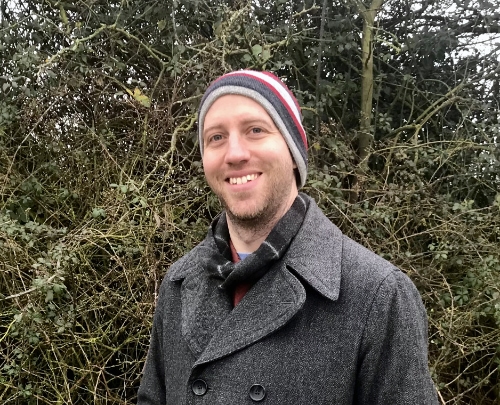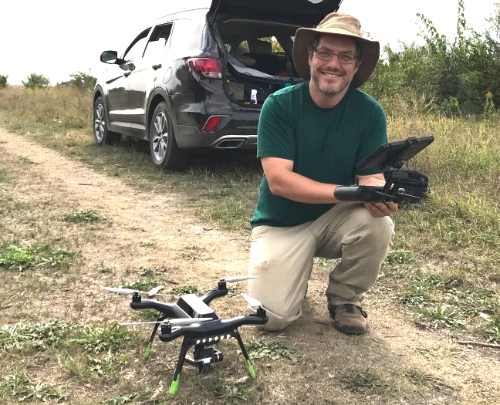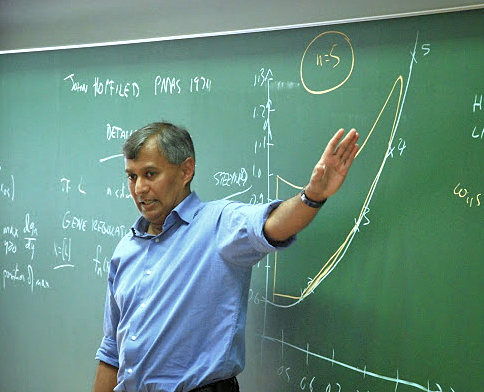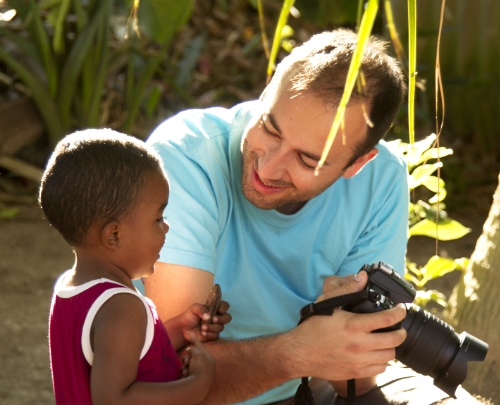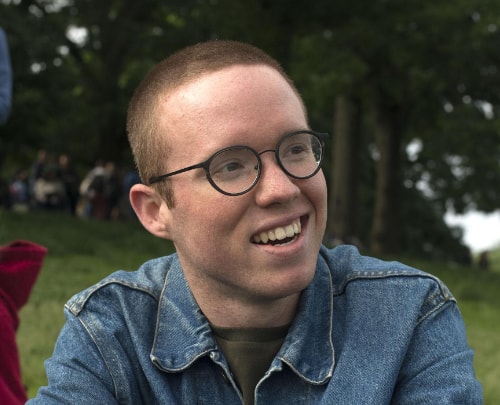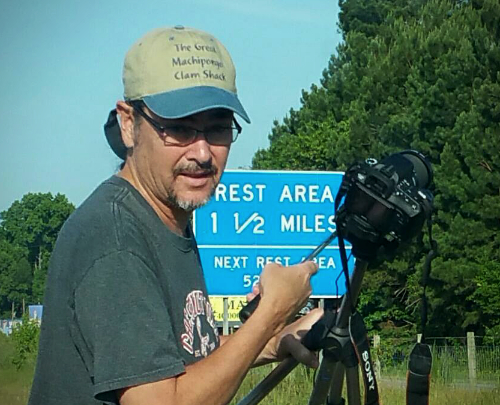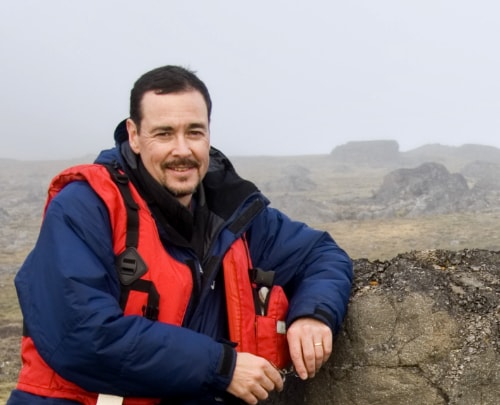11
May 2021
How did a Cold War era debacle help us better understand the dangers of climate change? In episode 99 of Parsing Science, we talk with Drew Christ from the University of Vermont about his research into how fossils plucked from forgotten experiment in the Arctic led to his discovery the last time Gre......
20
Apr 2021
What can DNA tell us about the migration of the earliest modern humans and other hominins? In episode 98 of Parsing Science, we talk with João Teixeira from the University of Adelaide about his research which examined the genomes of modern humans to investigate the interbreeding between ancient huma...
6
Apr 2021
Can science help solve a real-life mystery? In episode 97 of Parsing Science, we talk with Alexander Puzrin from ETH Zurich about his research into The Dyatlov Pass incident, a 62-year-old mystery involving the deaths of nine hikers in the freezing Russian wilderness, a tragedy that’s been attribute...
29
Dec 2020
What do changes in our beliefs about the death of our pets over the past century say about the relationship we have with our companion animals? In episode 90, Eric Tourigny from Newcastle University's School of History, Classics and Archaeology discusses his research into historic pet cemeteries a......
15
Dec 2020
How can drones help us find settlements long-lost to time? In episode 89, Jesse Casana from Dartmouth College's Department of Anthropology discusses his research into using multi-sensor drones to collect data about a major Native American settlement in what is now Southeastern Kansas. His article ......
17
Mar 2020
Can even a single-celled organism truly learn? In Episode 70, Jeremy Gunawardena with the Department of Systems Biology at Harvard Medical School talks with us about his replication of an experiment originally conducted over a century ago, which suggested that at least one single-cell organism - t......
12
Nov 2019
Sure, you might have a tongue piercing. But would you consider something far more extreme for a bump on the social ladder? In episode 62, we're joined by Dimitris Xygalatas from the University of Connecticut, who talks with us about how extravagant and painful rituals can foster greater subjective......
30
Apr 2019
Can the sharing of drum break samples among musicians help us better understand how networks of artists collaborate? In episode 48, Mason Youngblood from the City University of New York discusses his research into the cultural transmission of digital music samples through collaborative networks of......
25
Dec 2018
While we often associate archaeology with the study of cultures whose eras have long-since come and gone, artifacts from the recent past can tell us about culture as well. Part one of our conversation with P.J. Capelotti from Penn State University Abington concerned terrestrial archaeology. In par...
11
Dec 2018
Ordinary objects from the recent past often hold secrets about our cultural history. In episode 38, P.J. Capelotti from Penn State University Abington talks with us about the history, archaeology, and anthropology of exploration as he writes about it in his recent book Adventures in Archaeology: T...

